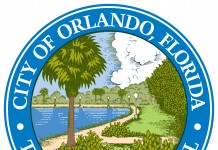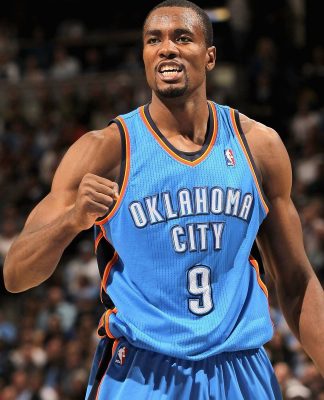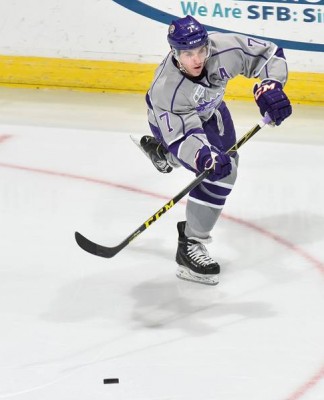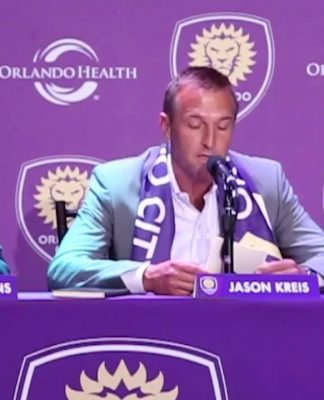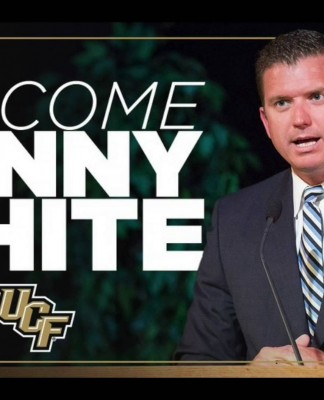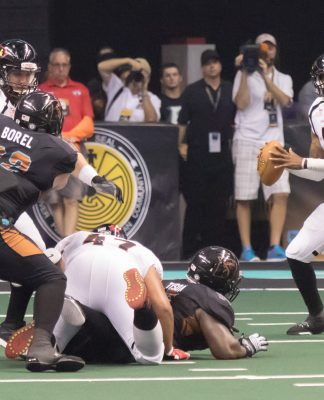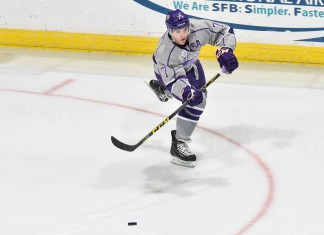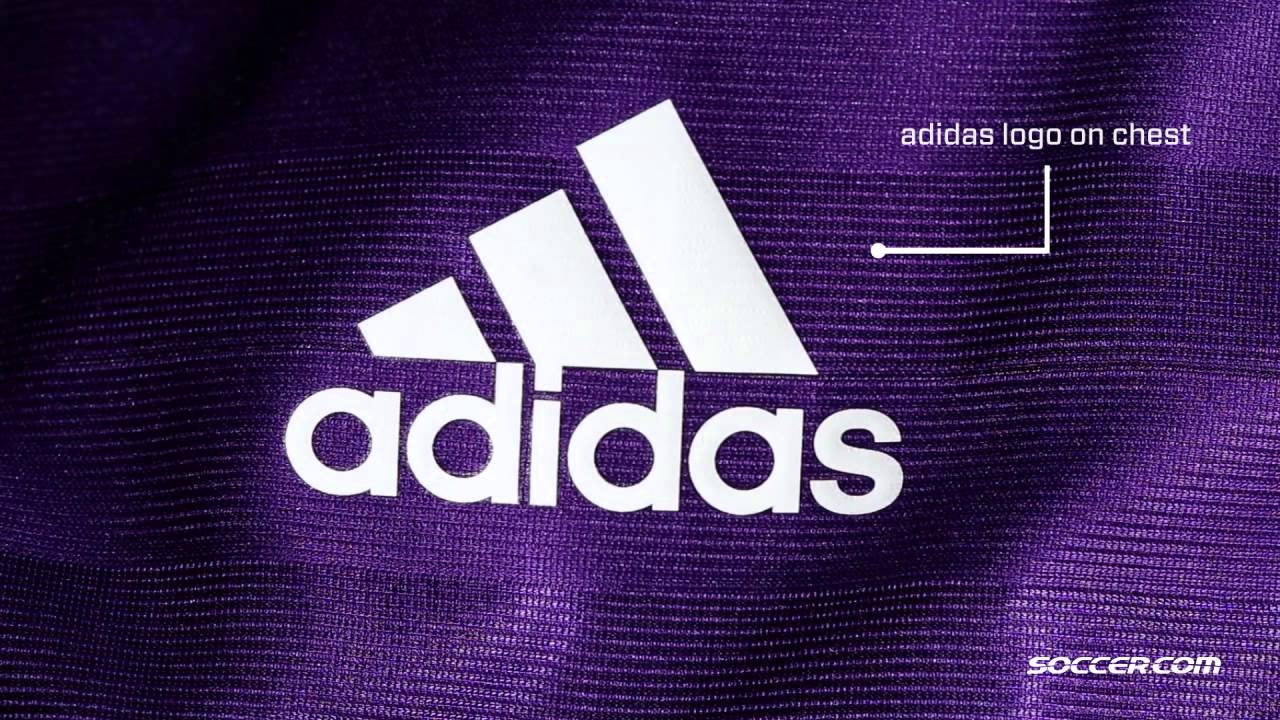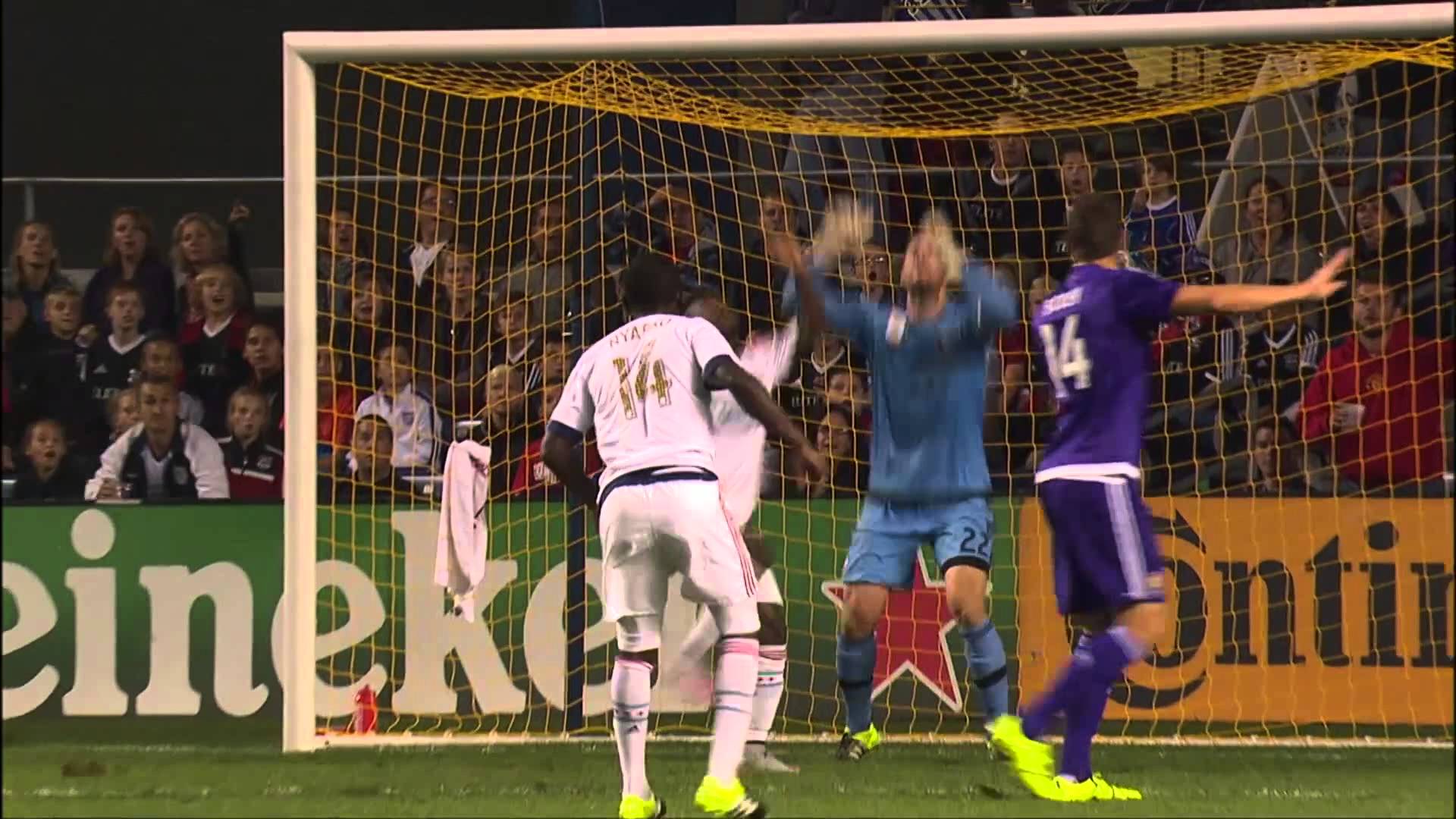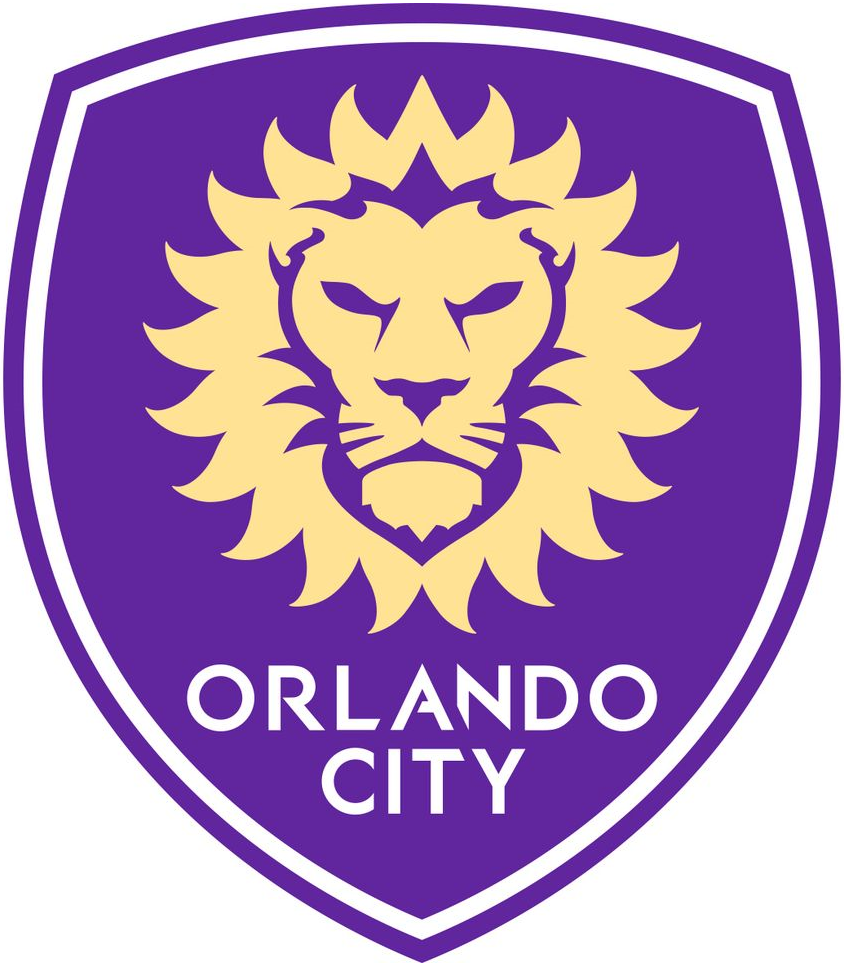
Life in the ECHL is difficult. The team is half trying to develop its young players and half trying to win games. Travel can be difficult with stadiums both small and large and long bus trips across the country and the region.
It is hard sometimes to appreciate the little things and stay focused on the task at hand. Especially when surrounded by so many young players. There is the constant chance of being called up and getting thrown in the AHL pretty quickly and on a moment’s notice.
Handling all that is part of the life in the ECHL. And everyone just has to make due and find a way. It is still a results-based business.
The Orlando Solar Bears were a young team in 2016.
That was partly by design and partly a product of their role in the Toronto Maple Leafs’ farm system. The ECHL is very much a farm team, where young prospects get the chance to hone their craft against somewhat weaker competition. That is the life in “AA” hockey.
Most of the Solar Bears’ roster were full of the young players the Maple Leafs and Toronto Marlies wanted to develop more, giving them spot play with the Marlies as they tried to further their development. Orlando was not in complete control of its roster. How it would fill out the rest of its roster was something the team had to figure out.
With so much turmoil and up-and-down movement on the roster, the Solar Bears got off to a bit of an inconsistent start. There were more than 100 roster moves made this season. The team quickly had to make some adjustments on the fly.
To gain some stability, the Solar Bears had to add to their roster, bringing in veteran players Rylan Schwartz and Nicklas Lindberg in December. Their presence helped the young Solar Bears steady the ship again and make one final push for the Kelly Cup Playoffs, that ultimately fell short.
“Obviously next year, I hope we won’t have to add as much during the year as we did,” coach Anthony Noreen said after the season. “But you look at Rylan Schwartz, I think second half of the season, you would be hard-pressed to say anybody who had more of an impact on our team than he did. Nicklas just as a veteran guy, the biggest credit I can give him is he came in at a time when we were really light up front and we needed offense. He contributed in our power play and scored a ton of points and helped us win games.”
Schwartz, who technically does not qualify as a veteran under ECHL’s rules (260 games in qualifying seasons entering the year), scored 23 goals and dished out 19 assists in 40 games. Lindberg posted four goals and 18 assists in 37 games for the Solar Bears. Their presence was an immediate boost to a roster that was a bit shaky.
Even off the ice, Noreen said both were strong examples for the young players on the team. There presence became a huge influence to their young players’ development.
It was clear Lindberg, Schwartz and later Rory Rawlyk — all mid-season acquisitions — along with veteran Eric Baier helped this young team. Helped them gain some toughness and appreciation for the opportunity.
They had the perspective of someone who has fought for the dream of making the NHL and someone who knows the ins and outs of minor league hockey. They could truly appreciate the opportunity the Solar Bears were giving them — from the facilities at RDV Sportsplex and the Amway Center to attendance at home games for a midweek game.
It is all to make them better players.
This first year with the Maple Leafs’ new management group brought plenty of hiccups and learning. The Solar Bears came into a roster that was heavy on Marlies players and lean on some of the veterans a successful ECHL team needs. Orlando was young and somewhat intentionally so.
Both Noreen and Solar Bears owner Joe Haleski recognized they underestimated the importance of veterans to set the tone in the locker room.
“I think we need to do a better job of getting the right type of players in this organization. Guys that want to win and want to play. Toronto has done a great job with sending us young talent but we need to do a better job of supplementing that talent with players that compliment them,”Haleski told Don Money of Pro Hockey News. “They don’t need to be the same type of player [because] that’s not what is going to work. I wouldn’t be surprised if we have quite a few veterans on the team this year. We may get three or four – the [league] maximum is four so we’ll see what Anthony (Noreen, Solar Bears head coach) comes up with along with Toronto. Toronto is going to be involved in this process as well.”
It will be a partnership to bring in the right players in the future. It clearly worked to have some older players showing the way.
Noreen noticed the difference too. Bringing in the right type of person as a veteran has a big impact on the roster and the team. The team as a whole has the goal of bringing in quality players to help the young players continue their development — that is ultimately the Solar Bears’ goal as much as it is winning.
An older player delivering that message has all the more meaning.
“I need to do a better job getting more of those guys in here from the beginning next year,” Noreen said. “The right older guys to kind of set the tone in the locker room. It’s one thing for us as a staff to give a message, but when you have the guys in the room, the older guys who have been through it who everyone looks up to, doing that from day one, the message gets across a lot clearer.”
That will certainly be one of the changes for the Solar Bears this upcoming season. Expect a few more veterans to be on the roster at the beginning of the season.
